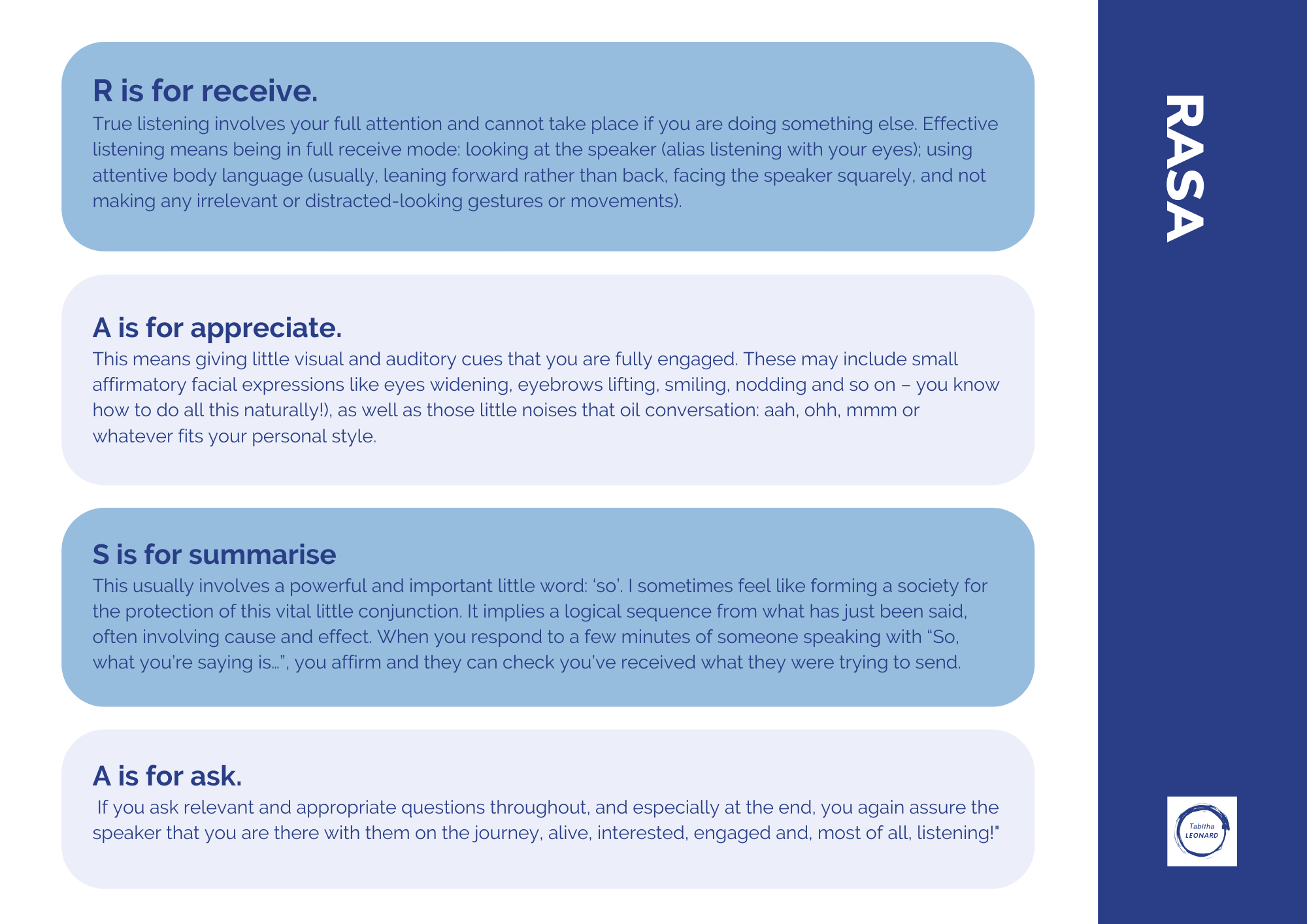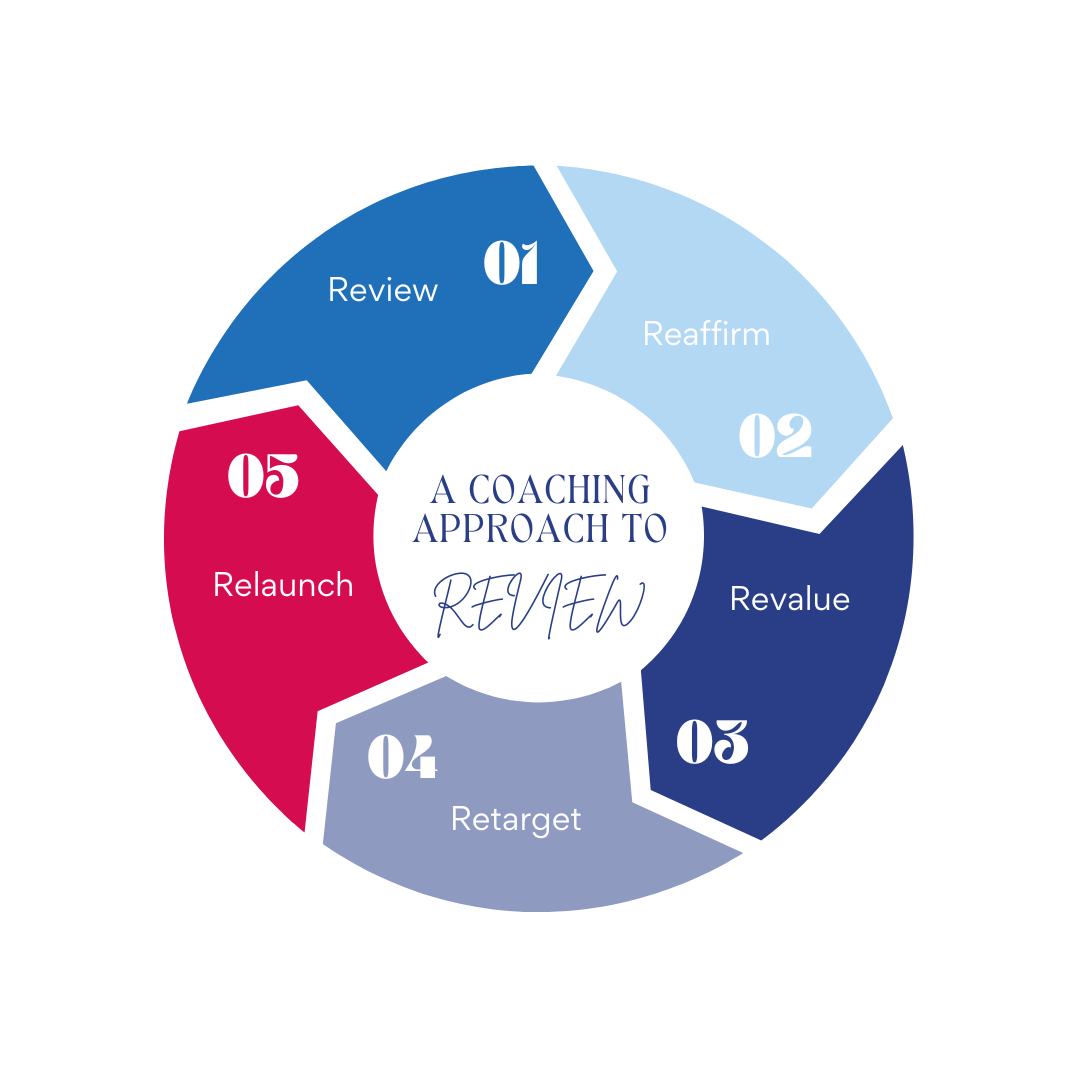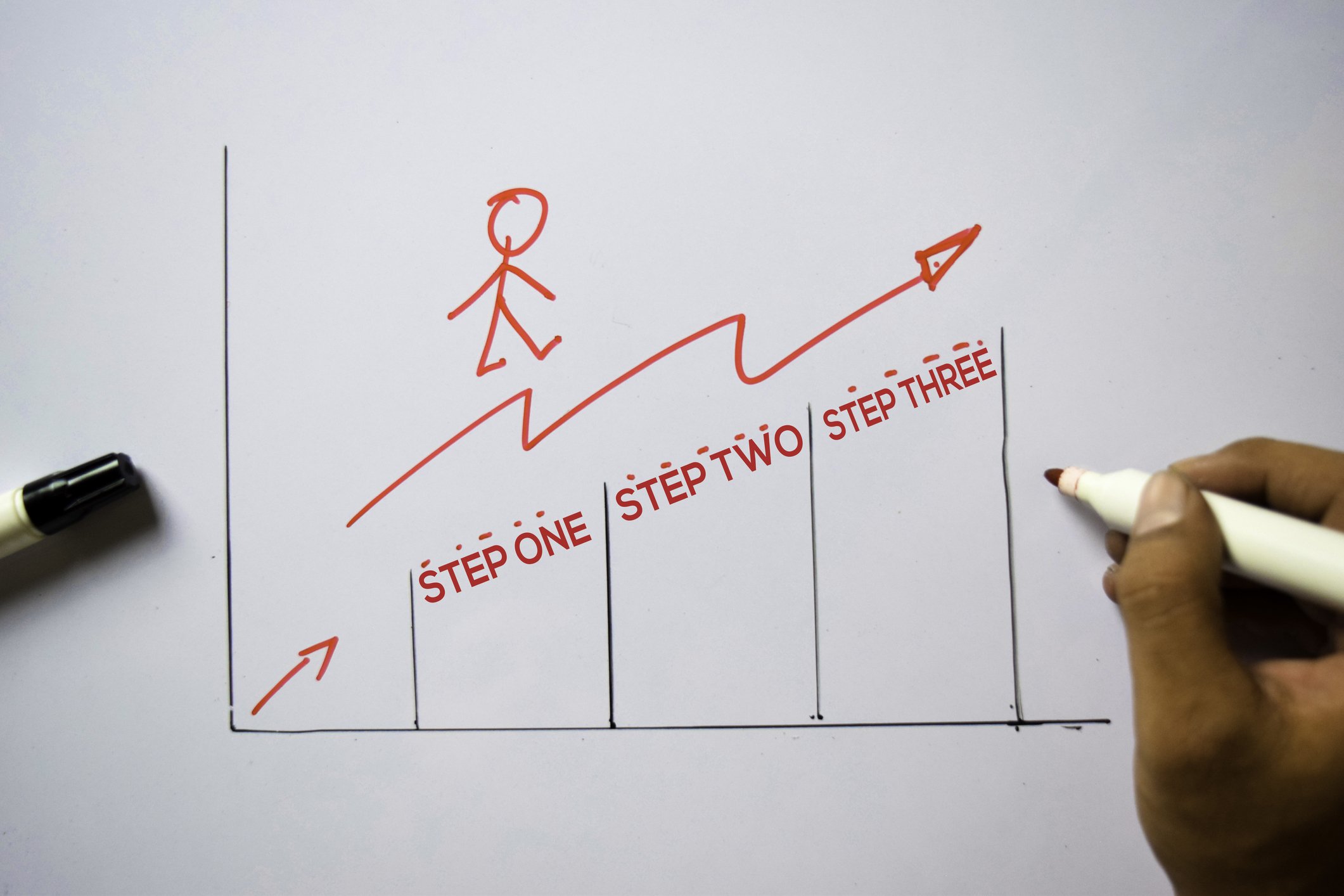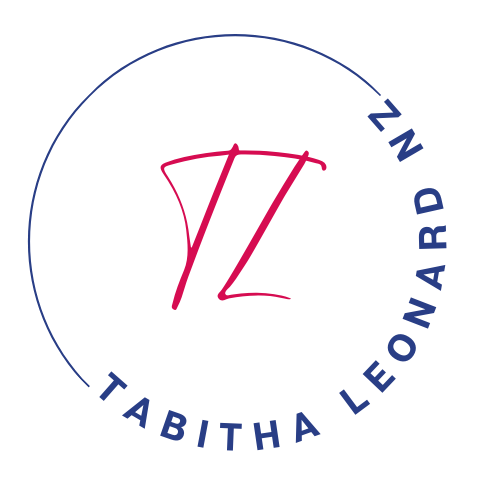Browse Blog

Why do we spend most of our time listening to fix?
When I reflect on the kinds of problems people bring to coaching conversations, they are often centred around the actions of another person. It is not uncommon to centre our challenges and issues around the actions of others. For example, it takes high levels of self-awareness for a person to pause and reflect on their contribution to the circumstances.
Interestingly, when we hear someone expressing frustration or difficulty with another person, we tend to offer advice.
It turns out—based on scientific research—that we literally only hear what we listen for. We pay special attention to what we expect to see, hear, feel, or taste.

Six Steps To Maintain Momentum
What I love about a coaching approach to conversations is that they are centred on the other person and inspire the expansion of thoughts, perceptions and ideas.
Coaching catalyses commitment because the coachee creates the change….. For the same reason you can't tickle yourself, your brain resists self-imposed testing of thoughts and reactions.
An ongoing conversation is needed to energise action and create sustainable change. While your coaching conversations will create amazing action plans, we are still working on one step of many when working towards a goal.

The 20/80 Rule For Setting Great Goals
Goals Don’t Generate Growth
Redefine Goals. Create Targets and Build Action Plans
I have always struggled with goals. Maybe it’s just me (probably not), or that I have an important memo about goals, but they have always felt lofty and untethered. So, I got curious. The definition of Goal - according to Dictionary.com is “A goal is an objective or target that someone is trying to reach or achieve.” - Yip, that’s my experience of a goal, and while useful, it fell apart at the action stage.
However, there is still something missing for me. […]

Phew! - you’ve made it…
As term two draws to a close on another term like no other, I wish you a wonderful restful break.
I invite you to take a moment to take a deep and restorative breath and access all that you have achieved over this last term. It might not be all that you hoped, and if that is the case, then it is even more important to celebrate the small wins you did have.
At the end of each term, I pause and take a moment to reflect on all that I have achieved across the term. I am always surprised about the things I have done that have gone forgotten or even unseen.

Walking the tight rope connecting strategy and relationship.
Our recent research found that more than 80% of people report the need to have someone to talk to who will listen, not advise, or solve their problems. Just listen and ask powerful questions.
Use of the skills of Coaching is the fastest way to help another person get out of the weeds and into clear air. To gain clarity to carve a path forward, thus having positive impacts on mental health, wellbeing and overall performance.
The ability to bring coaching skills and strategies to leadership is the number one way to build the relationship and create growth in the people around you who do the Mahi.
So, how do we serve the strategy while leaning into the relational?

Practising Presence
Research indicates that in 80% of your conversations, your focus is not entirely on the conversation, and thus you are not fully present.
Attention and presence are directly correlated. Your attention determines what you perceive, learn and remember and how you interact with others, amongst other things. Attention can only be used in the moment, here and now and is partial to distraction.
We become distracted by all sorts of things. Distractions are the things that prevent us from being fully present in conversations, yet it is the one thing you can change that will transform your conversations.
Presence is a coaching intelligence core competency, and it begins with you and only you.

The Neurochemistry Of Listening
Leadership is listening.
It’s said that, on a typical business day, we spend 45% of our time listening, 30% talking, 16% reading and 9% writing. Amongst all this, the action that has the most impact on others is listening.
Imagine if you could amplify the impact you have in that fraction of time. Concerning strengthening the impact of leaders, imagine if we could also get the 30% - the talking fraction - right. That's an increased impact on a day's actions that make up 75% of your efforts as a leader.
Speaking + listening = 75%

Coaching Intelligence Principle Two - Trust
TRUST: Built on actions taken in the smallest moments. A journey, not an event. It is something that comes from within and is given to another person. Trust can be built on actions that relate to character and competence that exist when we demonstrate care, sincerity, reliability and competence.

Coaching Intelligence Principle One - Partnership
PARTNERSHIP: The way of being in a relationship with another in a coaching conversation. It is a relationship built on equality between people when they feel valued, seen, and heard. Partners can give and receive without judgement and derive sustenance and stability from the relationship.
Coaching reinforces respect and generates the trust and safety necessary for momentum and growth with partnership at its heart.

Check Out Our New Focus!
Some of you may know my newsletter well, and some may have only read a few. Over the last three years, some of you will know that we have been on a journey from inquiry to reflective practice, from the science of learning to the science of conversations.
Over the last six months, we have been relatively quiet on the newsletter front. That is because we have been working extremely hard in the background to create and design new paths as evolve in a new direction.

